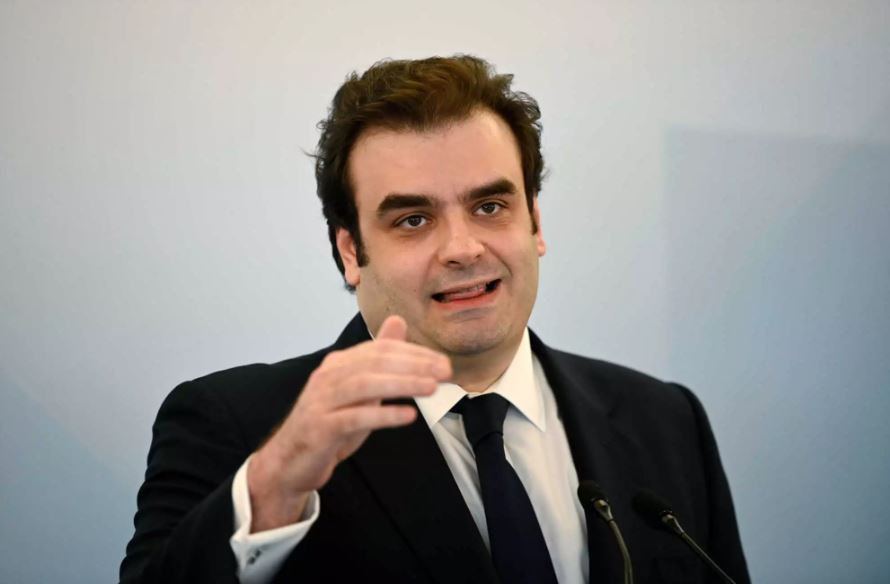In 2011, regime change was for the first time initiated by social networks. Beginning in Tunisia, bloggers and activists called for demonstrations against their authoritarian ruling regime on Facebook and Twitter etc.
Then in 2010/2011, thousands and thousands of people in several countries in North Africa and the Middle East took to the streets and – as in Tunisia und Egypt – brought about the overthrow of their rulers. In other Arab countries too, such as Libya, Syria and Bahrain, they have played and are playing a major role in rebellion and political change. All over the world young people are becoming politically active on the Internet and in social networks, twittering, posting and blogging opinions, reports and news out into the world, directly and without delay.
The Arab Spring has changed our view of social and new media. The possibility of using the Internet to change society has led to more emphasis being placed on the political component and the term “Facebook Revolution” was quickly coined. Although revolutions and political change are still brought about by people, the Web 2.0 technical revolution and the so-called “cross-media” interaction of new and conventional media like print and television that it allows for has played a crucial role and will probably remain vitally important. In retrospect, the Web 2.0 revolution may go down in history as just as important as the invention of the printing press or of audiovisual mass media and its digitalisation.
This year for the first time a workshop is planned with young journalists from Europe and from countries in transformation in the Arab world. Its goal is to provide aspiring young journalists from Egypt, Tunisia, Libya, and Algeria etc. with an opportunity to engage in an intensive exchange of views and ideas and build networks in dialogue with young journalists from Western and Eastern Europe. Renowned media figures will lead the workshop. New ideas will be developed and open debates initiated.
The following are just some of the questions the workshop will focus on:
– What does the Web 2.0 revolution mean for politics, the media and society? What can we learn from it?
– Can the experiences of the Arab Spring be transferred to other situations?
– Do the ‘network revolutionaries’ still have an influence on society and politics, even after the overthrow of regimes?
– How do social networks influence developments in politics, culture and society; what can new media achieve as political infrastructure?
– Could new media help stabilise political transformation processes and promote democratic structures and more participation?
– What role can both the conventional and new media and their cross-media interaction play in these transformation processes?
– What similarities and differences are there in the various countries?
– How can sustainable use be made of social networks?
– How does the local media, which is so crucial in democratisation processes, function in the various countries; does it even exist?
– How great is the risk that new media could lead not to more freedom but to more control and censorship?
The participants will publish the results of the workshop creatively and linked with the various new media channels (blogs, Facebook, Twitter, Youtube).
Eligibility
Young journalists between 18 and 26 years old from all over Europe and countries of transformation in the Arab region can apply by submitting a short text in English (three pages max.) on the topic, “The Web Revolution – what influence do Facebook, Twitter etc. have on society, politics and journalism in my country?”
Venue
The workshop will be held between 19 to 24 August, in Potsdam, Germany. The organisers of the M100 Youth Media Workshop will cover accommodation and board during the workshop. A travel allowance is provided for. The workshop will be held in English.
Application
Please include a brief CV and motivational statement in your application, stating your reasons for applying for this particular workshop (both in English). 20 to 25 participants will be selected from among the applicants and invited to Potsdam from 19 (arrival) to 24 August 2012 (departure).
Please send your application in by 25 June 2012 to s.sasse@m100potsdam.org

